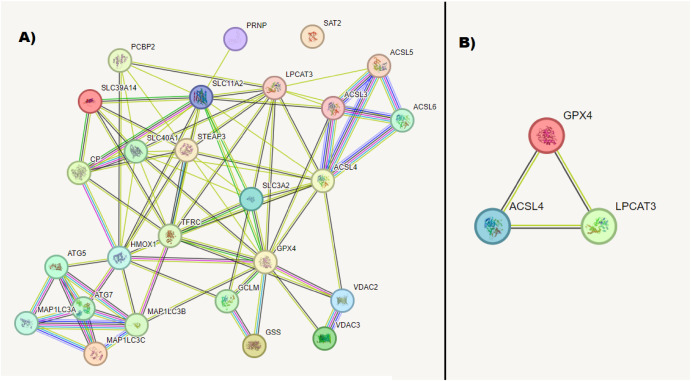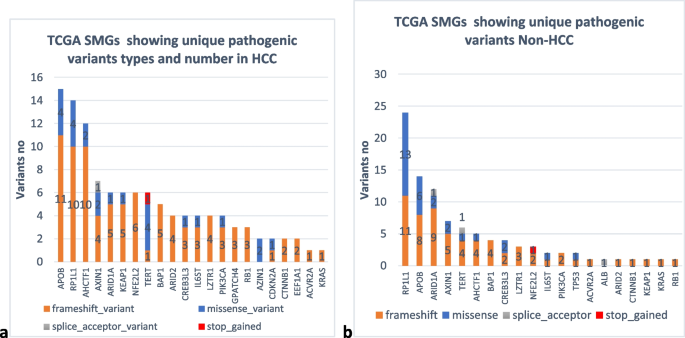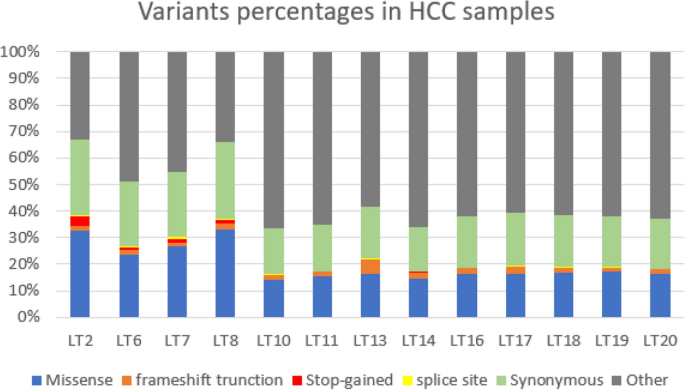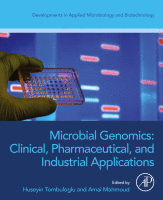
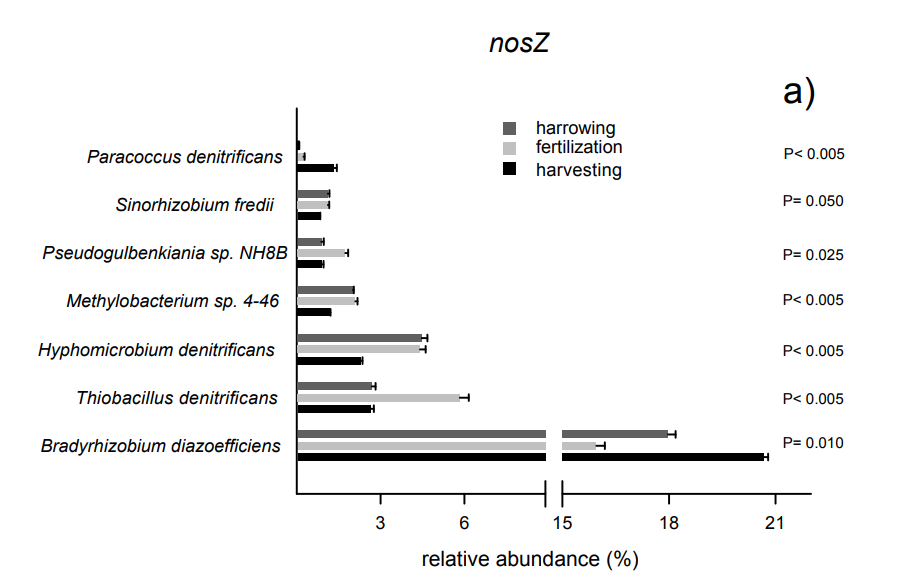
Biochar affects community composition of nitrous oxide reducers in a field experiment
N2O is a major greenhouse gas and the majority of anthropogenic N2O emissions originate from agriculturally managed soils. Therefore, developing N2O mitigation strategies is a key challenge for the agricultural sector and biochar soil treatment is one reported option. Biochar's capacity to increase soil pH and to foster activity of specialized N2O reducers has been proposed as possible mechanisms for N2O mitigation. An experiment was undertaken to investigate whether changes in the community composition of N2O reducers was observed under field conditions after biochar application. The study objective was to assess the abundance and taxonomic composition of the functional marker genes nosZ and nosZ –II across a vegetation period of Zea mays L. after biochar or lime addition compared to an untreated control. After fertilization, biochar amendment resulted in a significant increase of nosZ gene copy numbers compared to the control and the lime treatment. Simultaneously a shift in community composition of nosZ-II bearing bacteria was observed in the biochar treatment that went beyond the sole liming effect. This study broadens our understanding of the functional impact of biochar on N2O emissions and emphasizes the possibility to shape the functioning of the N2O reducing microbial community through the addition of biochar at a field scale. © 2018 Elsevier Ltd
